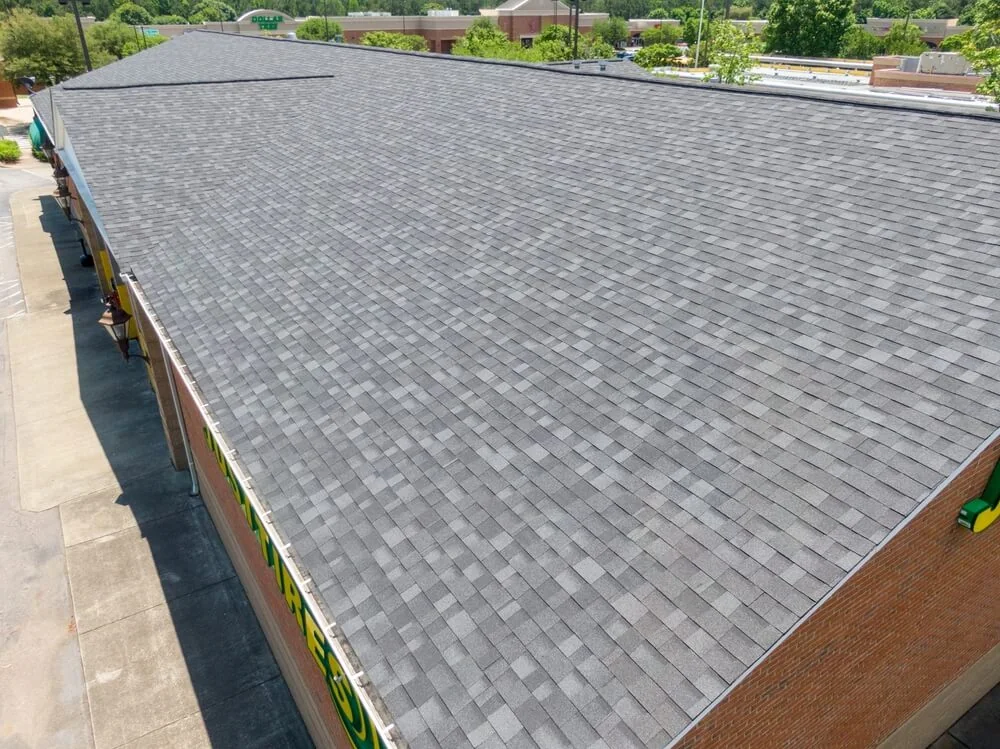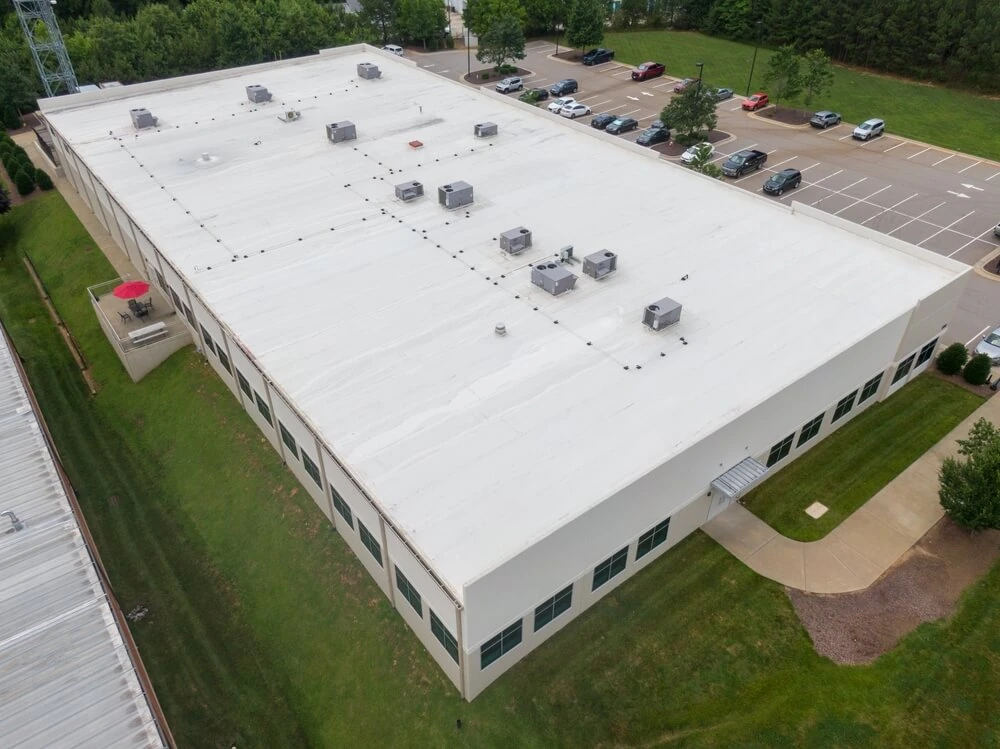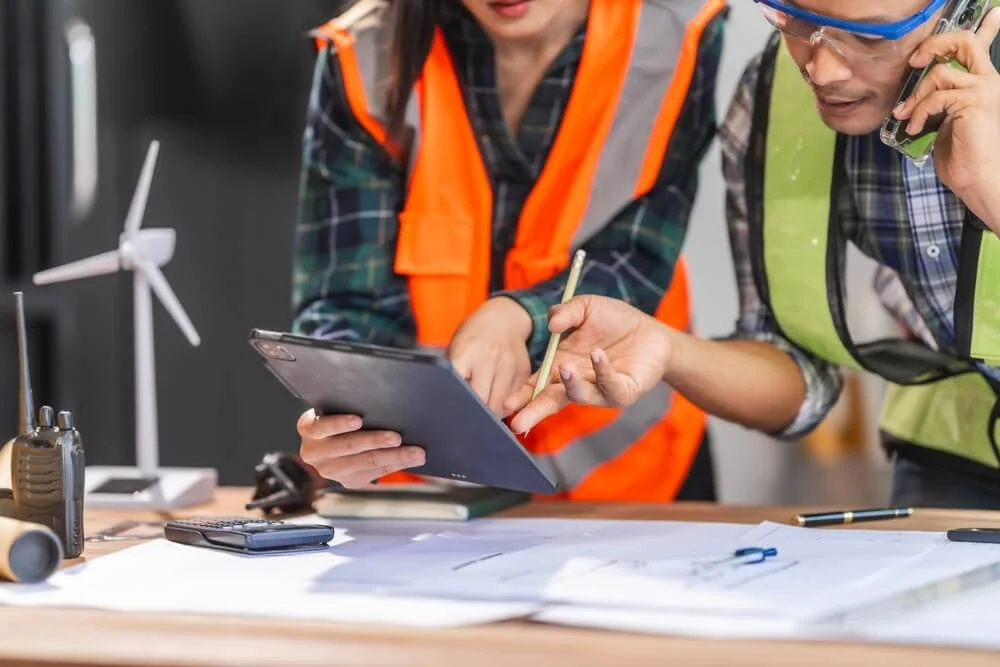A commercial roofing project is certainly an investment, and it requires thorough planning and budgeting. After all, the roof is the protective layer that shields the building and its contents from the elements and helps preserve energy efficiency. It’s certainly not a project to jump into without a solid plan.
Whether your building is due for a roof replacement or you just need some maintenance on an existing roof, there are some points to consider. This guide will help you plan and budget for your project and avoid spending more on costly repairs than necessary.
Understanding the Scope of the Project
The first step in the entire process is understanding the scope of your commercial roofing project, which is essentially everything that goes into it. A detailed assessment of the existing roof will help, including the roof size, the material currently installed, and any damage or wear that needs to be addressed.
Also, understand that commercial roofs come in different shapes and styles. There are flat roofs and low-slope roofs, which are the most common for larger buildings. There are also sloped roofs, which are common on homes but might be found on smaller commercial buildings or those with certain architectural touches. Understanding which type you have is a factor and can even help determine if roof replacement is necessary or if regular maintenance will suffice.
Commercial Roof Replacement vs. Repair
It’s important to consider your options, as roof replacement might not be necessary if roof repairs can extend the roof’s lifespan. Replacements are more expensive and take longer, but they can be the better option when long-term savings from energy efficiency are factored in, and not having to pay for costly, extensive repairs over and over again.
Working with a Roofing Contractor
An experienced roofing contractor can help with the roof assessment and also assist with making an informed decision. These experienced professionals understand the entire scope of the project and can provide expert guidance on the roof’s current decision and whether or not repair or replacement is the better choice. They’ll also help explain the material costs, labor costs, and unexpected expenses that might arise.
It’s important to find a trustworthy contractor. Pros will have the skilled workers required to deliver high-quality workmanship. They’ll also plan for unforeseen issues, and the customer services required down the road.

Key Factors Influencing the Budget
When planning for a commercial roofing project, some key factors will impact the overall cost. Keep these in mind:
- Roof Size: Larger roofs will require more materials and more labor, and they drive up the total project cost.
- Roofing Materials: The materials chosen will impact the budget. Traditional asphalt shingles, EPDM roofing systems, or modified bitumen all have their own cost and impact on energy efficiency. While materials like metal roofing might be more expensive upfront, they can be less expensive over time due to their durability.
- Labor Costs: The roof’s complexity, access, and other concerns all impact the labor costs associated with removing the existing roofing, hauling new material to the roof, and installing the new roof.
- Local Building Codes: Some local codes might require specific materials, specific labor licenses, or other factors that will add up to additional costs.
- Weather Patterns and Energy Efficiency: The climate of the area in which the building exists will impact the budget. Buildings in high snowfall areas will require specific designs and materials to ensure the roof is strong. Buildings in extremely hot weather will require specific materials to reduce cooling costs. All these factors impact the overall budget.
Breaking Down Costs: A Detailed Budget
Creating a detailed and realistic budget is a critical step. An all-encompassing budget for a commercial roofing project should include:
- Material Costs: Prices vary based on the type of material chosen.
- Labor Costs: Factor in the contractor’s rates and the time it will take to complete the project. Large or complex roofs will require more skilled labor and time, adding to the cost.
- Design Costs: If your roof will require additional reinforcement or a whole new structure, you’ll have to pay design fees.
- Permits: Most cities will require permits for a roofing project. Experienced roofing contractors should be able to provide an idea of what those costs will be, allowing property owners and facility managers to plan for them.
- Additional Costs: Unforeseen issues like water damage or structural problems often arise during roofing projects. Set aside a contingency fund of 10-15% of the total budget to cover these potential unexpected expenses.
- Regular Maintenance: Include a maintenance plan for the long-term care of your roof. Regular inspections and minor repairs can help save money by catching issues before they escalate into major problems.

The Role of Energy Efficiency
Don’t forget to plan for energy efficiency for your commercial roofing projects. While materials that improve the building’s ability to conserve energy might have an expensive upfront cost, they also offer long-term savings. Materials that can reflect heat and reduce cooling costs can make a significant impact in hot regions. Similarly, materials that can absorb the sun’s energy for heat might be helpful in colder climates.
Planning for the Future
A commercial roof replacement or repair is a significant investment, so it’s crucial to have a long-term view. Routine maintenance will help extend the life of your roof and prevent some major repairs. A well-maintained roof will also be more durable and less likely to require frequent, expensive repairs. As a business owner or facility manager, implementing a maintenance plan ensures that your investment is protected and that your roofing system performs at its best.
Let Nations Roof Guide Your Commercial Roof Project
If your roof is in need of repair or replacement, call Nations Roof. We have years of experience in the roofing industry, solving commercial property owners’ roofing concerns. As an experienced roofing contractor, we’ll help guide you through the difficult decisions such as the materials to choose and whether replacement or repair is necessary, and we strive to provide the best customer service in the industry. Contact Nations Roof today.



